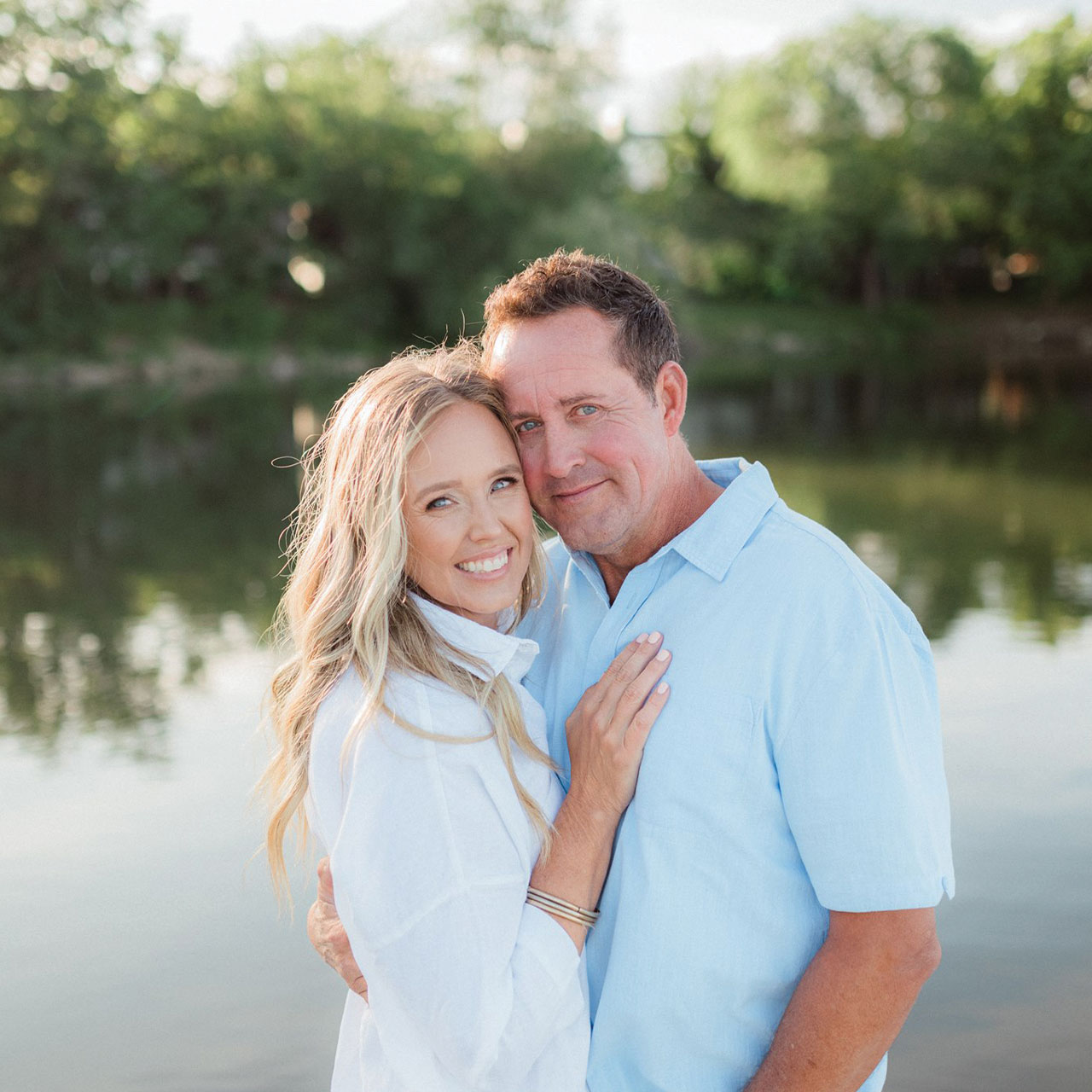
Are you struggling to get a good night’s sleep? You’re not alone. As we age, our sleep patterns can change, making it harder to fall asleep or stay asleep throughout the night. But don’t worry, there are steps you can take to improve your sleep and wake up feeling refreshed and energized. In this blog post, we’ll explore some tips and tricks to help you sleep better as an older adult.
Establish a Consistent Sleep Routine
One of the most effective ways to improve your sleep is by establishing a consistent sleep routine. Try to go to bed and wake up at the same time every day, even on weekends. This helps regulate your body’s internal clock and promotes better sleep quality. Create a wind-down routine before bed, such as reading a book or taking a warm bath, to signal to your body that it’s time to relax and prepare for sleep.
Create a Sleep-Friendly Environment
Make your bedroom a sleep-friendly environment by keeping it cool, dark, and quiet. Use blackout curtains or an eye mask to block out any unwanted light, and consider using earplugs or a white noise machine to drown out any noise that may disrupt your sleep. Invest in a comfortable mattress and pillows that support your body and promote proper alignment.
Limit Stimulants and Alcohol
Be mindful of your caffeine and alcohol intake, as they can interfere with your sleep. Avoid consuming caffeine-containing beverages like coffee or tea in the afternoon or evening, as it can take several hours for the effects to wear off. Similarly, limit your alcohol consumption, especially close to bedtime, as it can disrupt your sleep patterns and lead to poor sleep quality.
Stay Active and Engaged
Engaging in regular physical activity and social interactions can have a positive impact on your sleep. Aim for at least 30 minutes of moderate exercise most days of the week, but avoid exercising too close to bedtime, as it can make it harder to fall asleep. Stay socially active by spending time with loved ones, joining community groups, or participating in hobbies that bring you joy. Social engagement can help regulate your body’s internal clock and promote better sleep.
Seek Professional Help if Needed
If you’re still struggling with sleep despite implementing these tips, don’t hesitate to seek professional help. Talk to your doctor about your sleep concerns and ask for a referral to a sleep specialist or therapist who can provide guidance and support. They can help identify any underlying sleep disorders, such as insomnia or sleep apnea, and develop a personalized treatment plan to improve your sleep.
If you enjoyed this conversation with Savannah as much as we did, follow her on Instagram, Facebook or visit her website.
Don’t forget to share with your friends the tips you learned and check out our other episodes!
John & Erin






